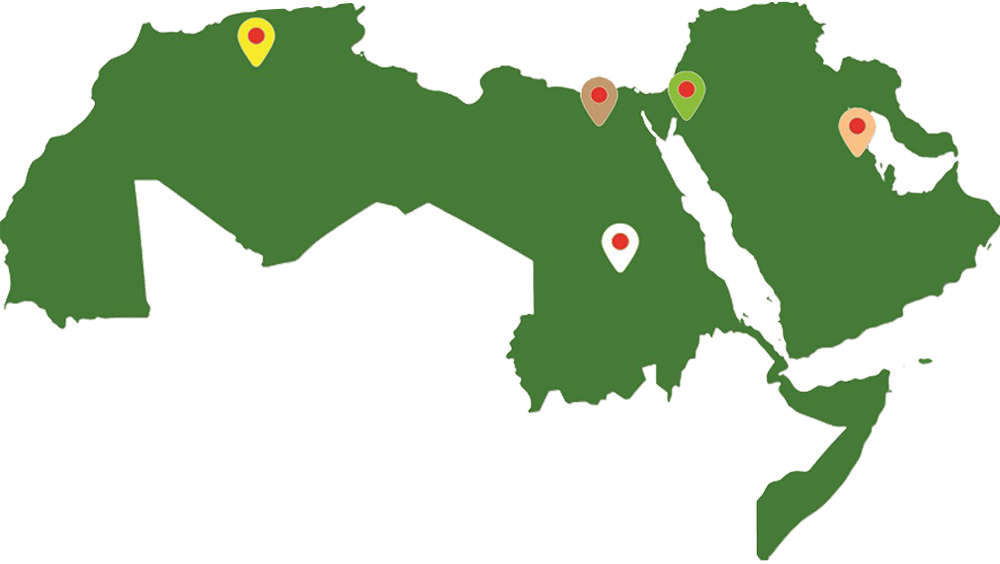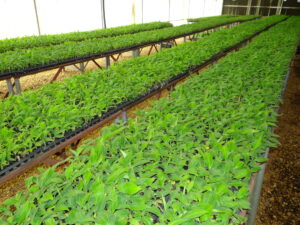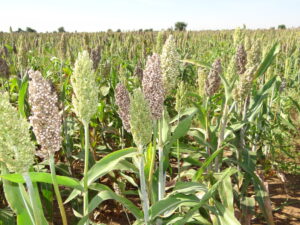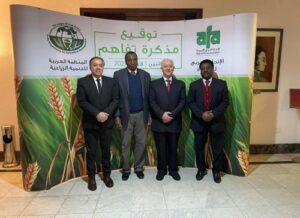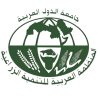
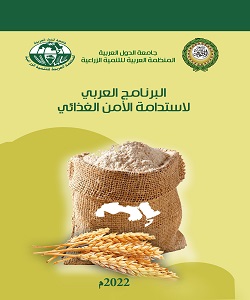
Since its inception, 2020 has witnessed significant transformations in various aspects of life, brought about by the shock of the corona virus pandemic. Its profound effects have not been limited to health conditions, but have extended to various aspects of economic, social, and political life.
From a food security perspective, one of the most significant lessons learned from the pandemic is that all countries are vulnerable to serious risks. Such a pandemic, or other widespread natural, political, or economic disasters, can disrupt or disrupt international food supply chains. This can make it difficult to obtain food products from external sources. Countries around the world have therefore become aware of the need to maximize their domestic capacity to provide these products, as well as to build reserve stocks of them by various means.
At the Arab national level, a region heavily dependent on food imports, it is not the COVID-19 pandemic alone, or similar pandemics, that has become a threat to Arab food security. It has also been compounded by water resource crises that are becoming more acute and severe year after year, and by population growth—at the highest rates in the world—that has not slowed down. Agricultural development efforts underway for nearly half a century are no longer sufficient to address this.
In this context, the Arab Organization for Agricultural Development, by virtue of its role and responsibility in the field of agricultural development and food security, did not limit itself to sounding the alarm about the imminent food disasters threatening the Arab world, but rather took the initiative to launch its initiative to achieve Arab food security during the second half of the pandemic year (2020). This initiative was also supported by the development of a program to sustain Arab food security, keeping pace with global and local developments, as an alternative to the emergency program currently being implemented since 2011.
Through this initiative and this program, the Arab Organization for Agricultural Development has been keen to present a new, more ambitious vision to increase Arab capabilities for self-reliance in meeting the growing food requirements. This is achieved by maximizing the efficiency of exploitation of existing agricultural resources, striving to move from existing, under-utilized resources to those that are not being exploited, and investing everything that can be invested to enter the circle of optimal agricultural exploitation, so that it is employed productively and in services using advanced and modern systems and methods.
This document presents the Arab Program for Sustainable Food Security, including its importance, justifications, objectives, main and sub-technical components, expected outcomes, and implementation requirements, including financing measures, institutional, regulatory, and coordination aspects, as well as monitoring and evaluation mechanisms and indicators. It is worth noting that this program combines a developmental and investment approach, prioritizes the comparative and specialized advantages of utilizing existing agricultural resources, and opens up broad horizons for cooperation and economic integration in the field of sustainable food security through a joint Arab action system.

